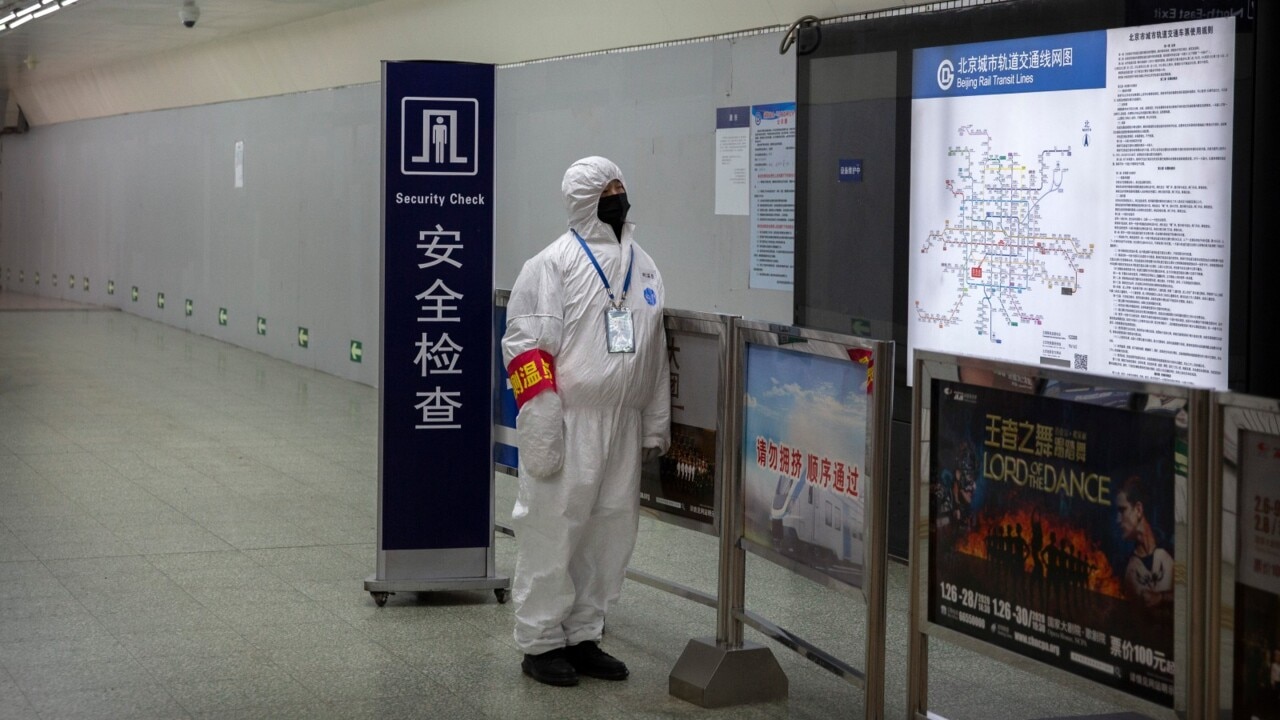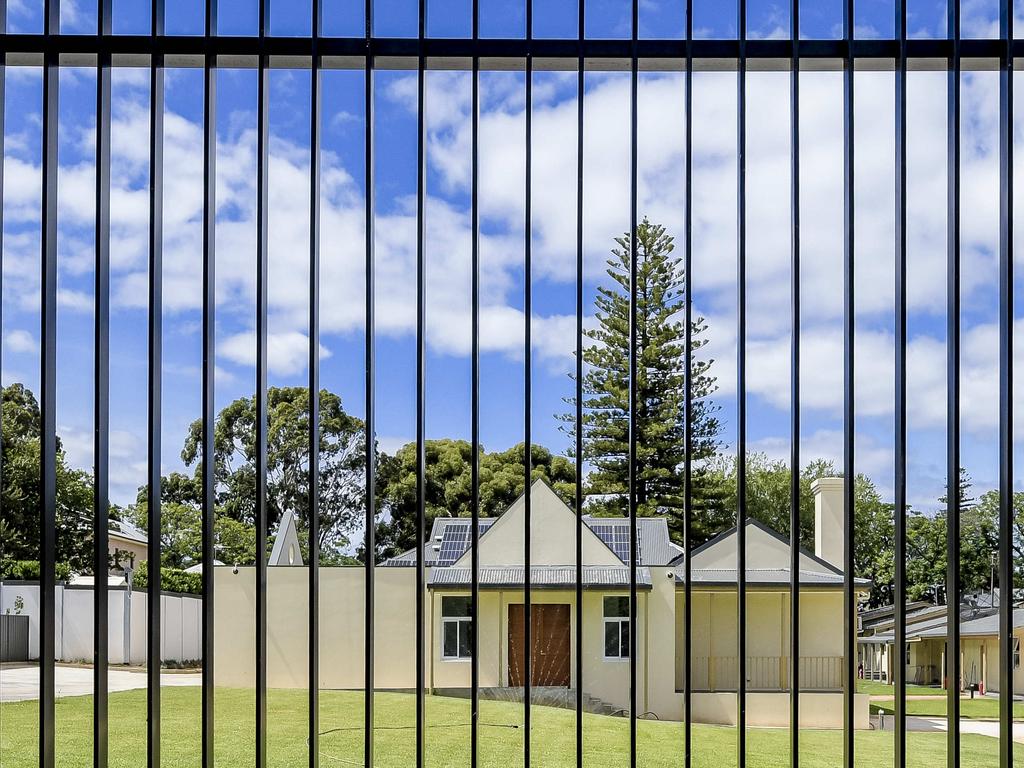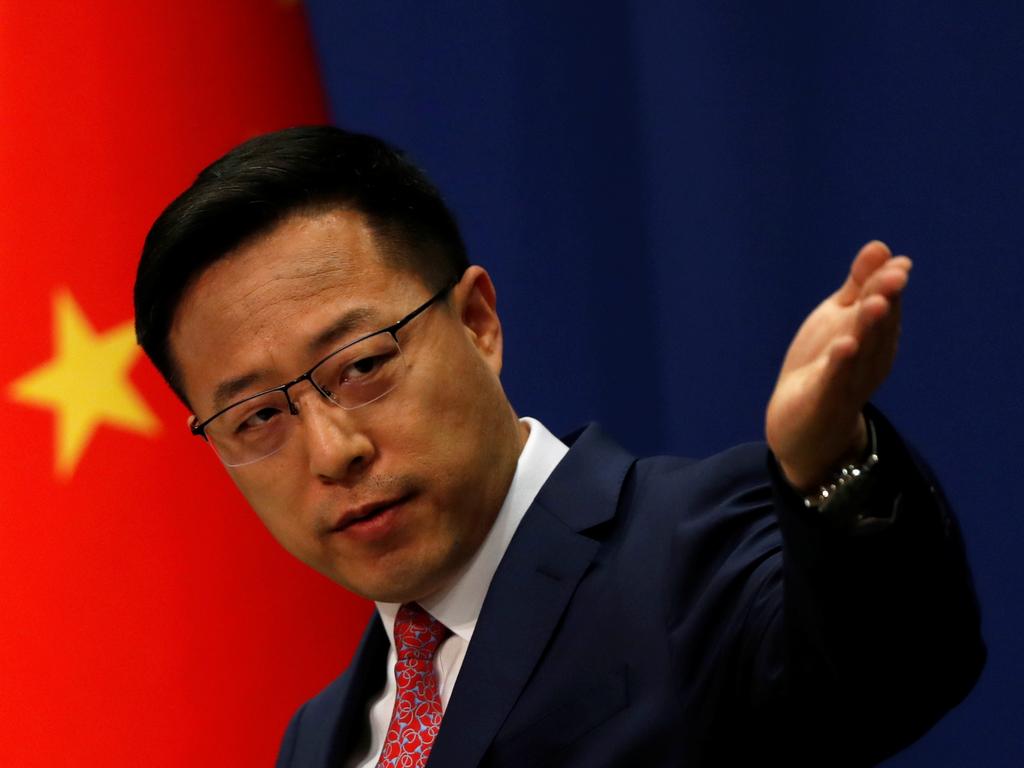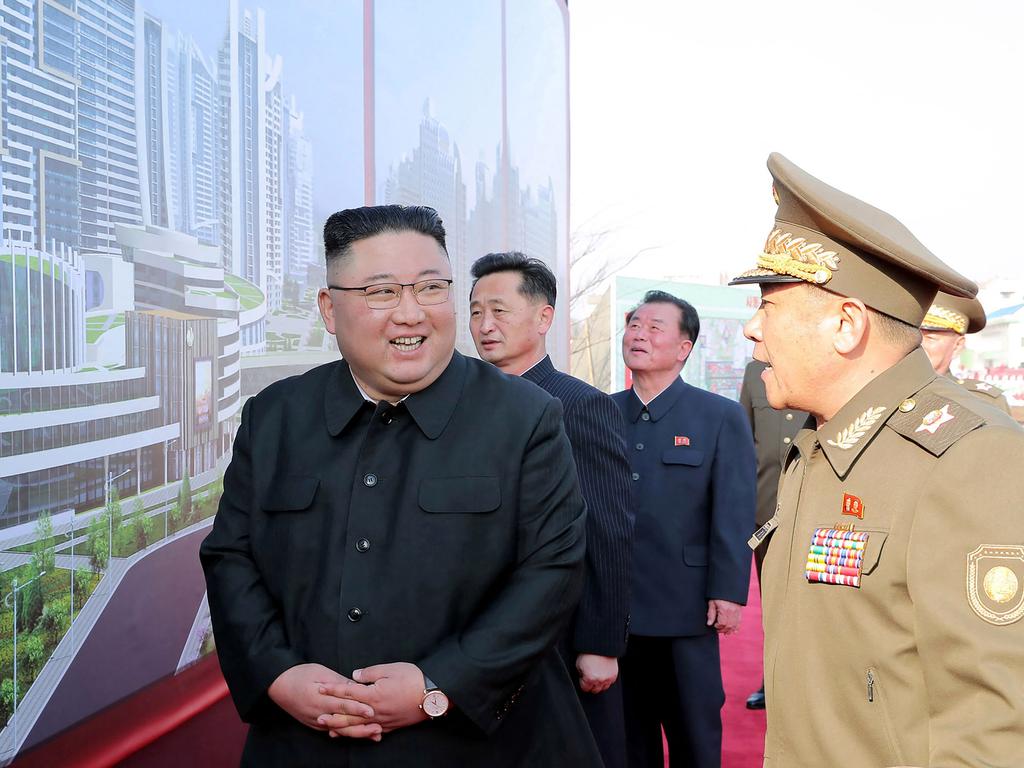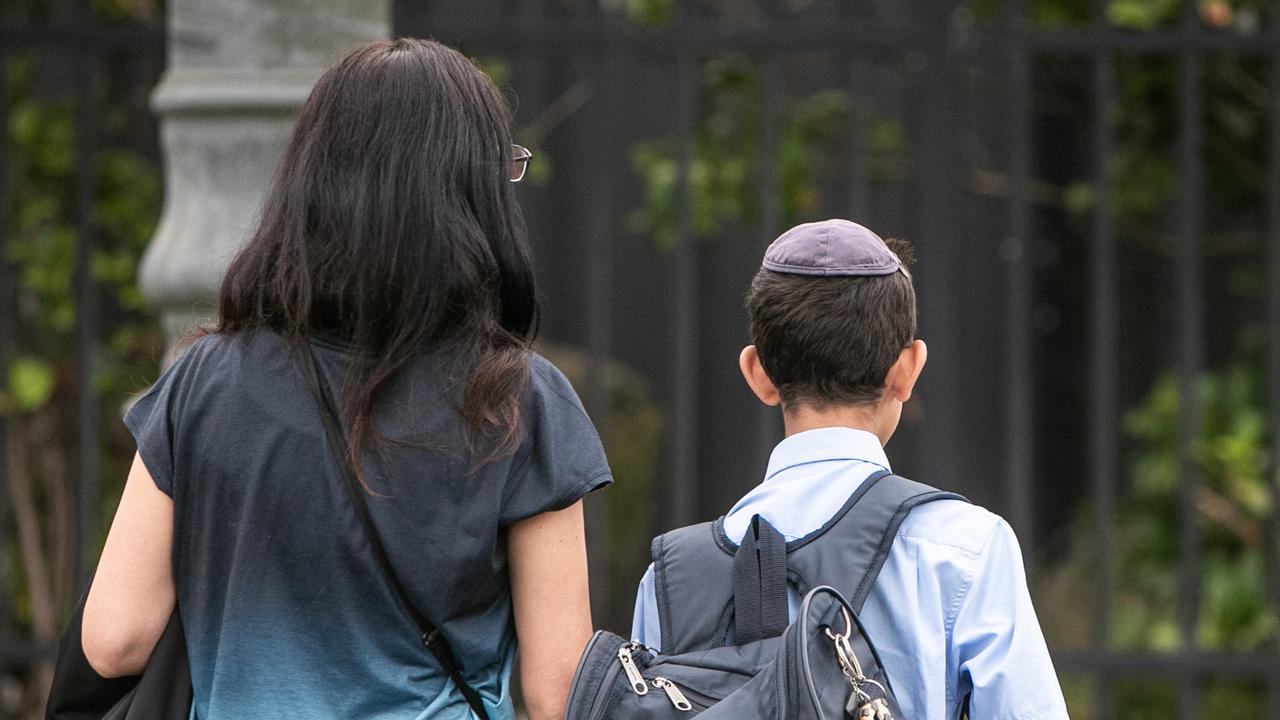China a vindictive and unreliable trading partner: ambassador Graham Fletcher
Australia’s ambassador says China ‘wants to call shots’ as Marise Payne slams ‘egregious’ human rights violations in Xinjiang.
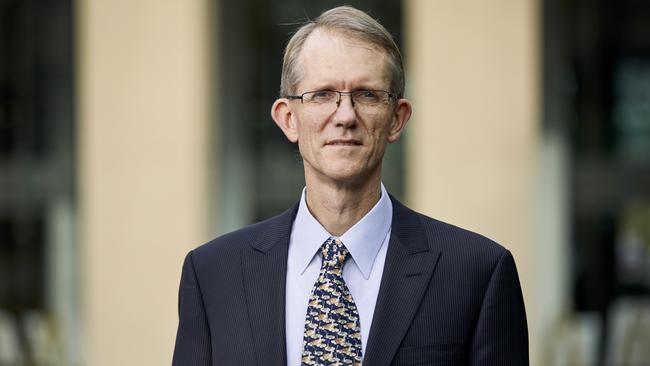
Australia’s ambassador to Beijing says China is a “vindictive’’ and “unreliable’’ trading partner and Foreign Minister Marise Payne has described human rights violations in Xinjiang as “amongst the world’s most egregious’’, as the diplomatic rift between the countries deepened.
Graham Fletcher, Australia’s ambassador in Beijing, said the federal government did not know if China was able to “objectively reassess” its position after 10 months of trade tensions.
“So we’ve got a stand-off. Both sides are very determined … because it’s so public, it’s actually harder for either side to make any such adjustments,” Mr Fletcher told an online briefing of the Australia China Business Council from Beijing on Thursday.
“I’m not sure China realises the damage that is occurring both in Australia and internationally. It’s been exposed as quite unreliable as a trading partner and even vindictive.”
Mr Fletcher’s warning to business came amid a new stoush between Beijing and Canberra over human rights abuses against the Uighur minority group in Xinjiang, a region in China’s northwest that Foreign Minister Marise Payne said had been closed to Australian officials for five years.
Senator Payne told a Senate hearing on Thursday that human rights abuses in Xinjiang were “among the world’s most egregious human rights abuses” but ¬officials had been prevented from visiting the region for five years, preventing examination of “these extremely serious allegations”.
The rift has left relations between Australia and China at their lowest ebb in five decades, with almost $20bn in annual exports — including coal, barley, wine, cotton, timber, copper and lobsters — banned from the world’s second-largest economy.
US Secretary of State Antony Blinken backed Australia in a speech in Brussels early on Thursday (AEDT) and warned that China’s military ambitions were growing by the year.
“From China’s blatant economic coercion of Australia to Russia’s use of disinformation to erode confidence in elections and in safe, effective vaccines — these aggressive actions threaten not only our individual countries but also our shared values,” Mr Blinken said.
“There’s no question that Beijing’s coercive behaviour threatens our collective security and prosperity and that it is actively working to undercut the rules of the international system and the values we and our allies share.”
The Chinese government earlier attacked Australia’s human rights record, noting alleged war crimes in Afghanistan, the White Australia policy, the Stolen Generations and offshore detention centres.
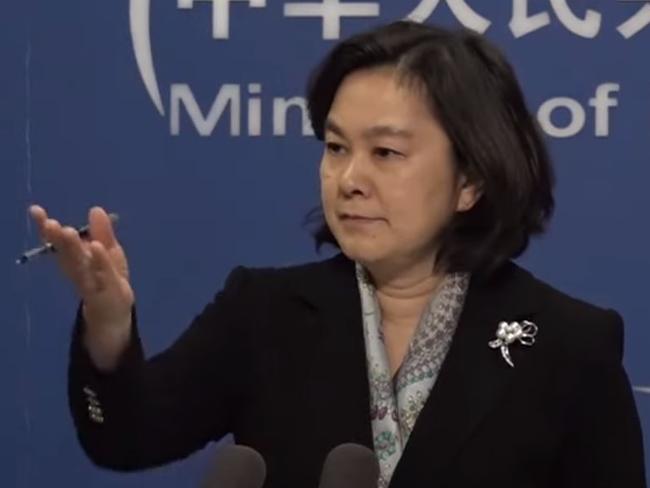
Chinese Foreign Ministry spokeswoman Hua Chunying said: “The Australian side should know very well what problems they have in history and now. They should also be clear about what concrete actions they need to take to put things right. China sticks to non-¬interference into other countries’ domestic affairs … but why can’t (we) point out Australia’s mistake when the country shies away from its own problems, and groundlessly accuse China on the basis of lies, rumours and disinformation.”
Mr Fletcher told the Australia China Business Council that he could not rule out further trade restrictions from China.
“You’ve just got to imagine that, unexpectedly, you may lose your China market for no good reason other than that Beijing has decided to send a message to Canberra,” he said. “Now that’s a very unwelcome situation, but I think frankly that’s where we are at.”
Mr Fletcher said the Biden administration’s support for Australia over the trade dispute was welcome but it “probably won’t give (export-exposed businesses) much joy in the short term”.
“China feels, ‘we have made it now — or we’ve almost made it. And it’s about time we start calling the shots more. And we want a country like Australia to never disagree with us in public’,” Mr Fletcher said.
“We’re not the only ones experiencing this kind of pressure from China. The so-called ‘Wolf Warrior’ thing, that’s happening all over the place. And it’s not winning many friends for China.
“We hear a lot of sympathy and support quietly from a lot of countries you might not necessarily expect around the world who can see what’s going on, and say, ‘look, we don’t want to live in a world either where China is behaving like this and is able to set the agenda’.”
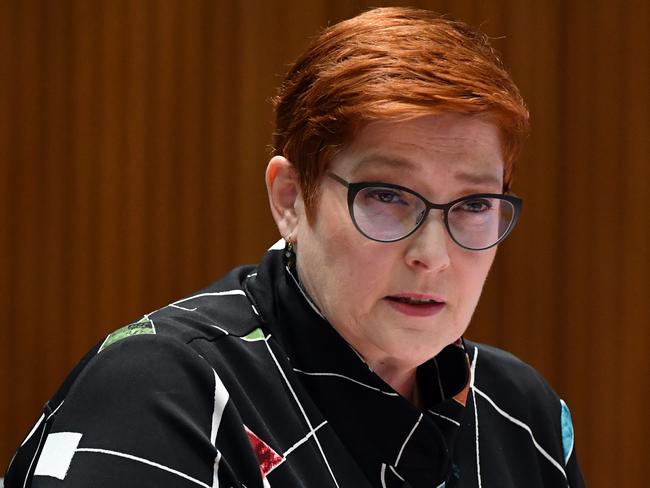
Mr Fletcher said the impact of Beijing’s trade restrictions on the economy and government policy “frankly, is not delivering the result that China wanted”.
Lowy Institute senior fellow Richard McGregor, who specialises in Chinese politics, said Beijing was intent on hitting back against and isolating democratic nations as part of a growing competition for influence, particularly in Southeast Asia, Africa, the Middle East and South America.
Mr McGregor said China’s criticism of Australia, Europe and Japan was also aimed at fulfilling a domestic purpose and appealing to the Chinese people and their sense of “historical victimisation” by pointing out the failings of nations within the loose western democratic bloc.
“It’s trying to isolate democracies from the rest of the world and to highlight their less than perfect history, their history of colonialism and the like,” he said.
In an interview with the Financial Times published on Thursday, Fortescue Metals chairman Andrew Forrest said, if asked, he would try to help the Morrison government heal the diplomatic rupture.
“I’m a global philanthropist and this bullshit of drawing political lines between countries is an old, Trumpian, past era, which will not help the world from destroying its own oceans, atmosphere or environment,” said Mr Forrest, one of Australia’s richest men.
ADDITIONAL REPORTING: JOE KELLY, BEN PACKHAM
More Coverage
